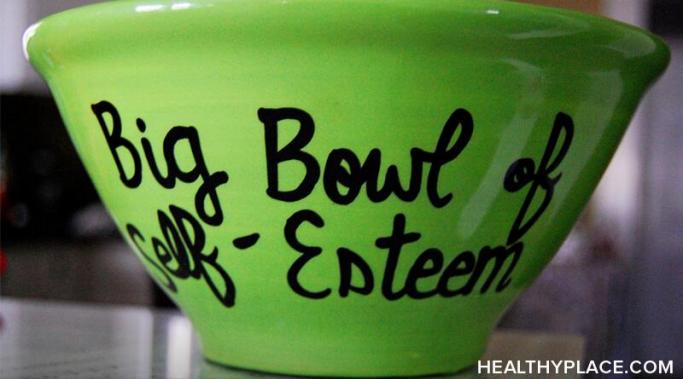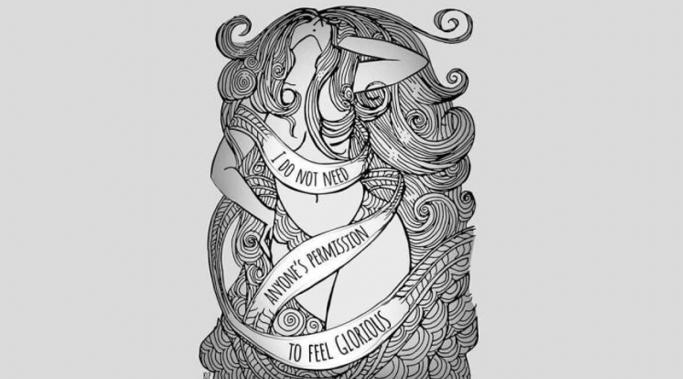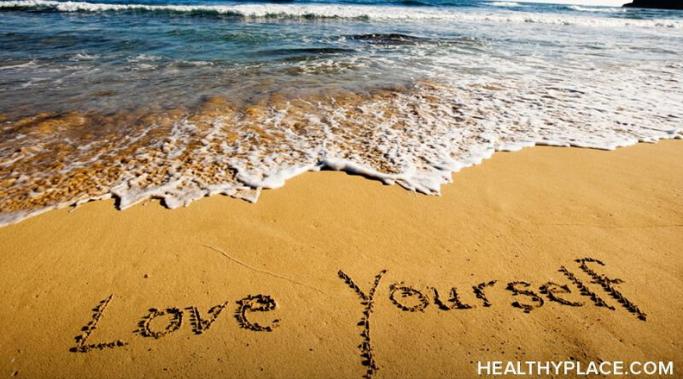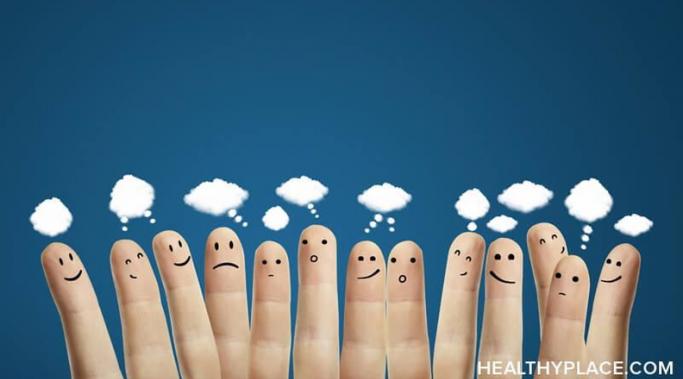I’m Sam Woolfe, and I’m really excited to start writing on building self-esteem for HealthyPlace. For a long time, I have struggled with low self-esteem, low self-worth, harsh self-criticism and even self-hatred. Thoughts and feelings related to low self-esteem have, no doubt, held me back in many ways, but they never seemed like some big issue I had to address. That was, until, certain life events, stressful situations, magnified and intensified these thoughts in a depression.
Self Esteem Problems
If you struggle with body image issues it's likely that you feel insecure in other areas of your life, too. When you fixate and over-focus on what you don't like about your body it bleeds into your self-esteem. No matter your shape or your size you deserve to have the skills to combat body image issues and feel confident in the skin you're in.
A self-esteem setback can happen to anyone, even this therapist. Here's what to do to prevent and heal from a self-esteem setback
Do you make excuses instead of choosing to nurture your self-esteem? Making excuses for your behavior or the behavior of someone else drastically depletes your self-esteem and self-respect. It actually makes other people lose respect for you, too. Making excuses leads to blame, which makes harder to start accepting the reality of a situation and moving on with your life. So, stop making excuses and improve your self-esteem.
In order to have healthy self-esteem, it's important to be kind to yourself. Many of us neglect our emotional self-care. It's easier to be nice to others rather than ourselves sometimes. This doesn't have to be a time-consuming assignment. You can be nice to yourself in small increments each day. Being kind to yourself is self-care, and it improves you overall self-esteem and mood.
Like it or not, social media is a part of life, and you may as well use it to your advantage. You can use social media to build self-esteem. You hear of many people avoiding social media altogether because it messes with your confidence. While that can be true, social media does have some value, and there can be benefits from using it in a healthy way and in moderation. In a world when most people are using social media, you can feel disconnected if you don’t use it at all. Additionally, avoidance doesn’t help with self-esteem issues. Instead, you can learn to use social media to build self-esteem.
Crash diets are a hazard to your self-esteem and they need to be stopped. There are many reasons why people might crash diet, such as wanting to lose weight or getting into shape. Others might be following the latest celebrity trend or taking health consciousness too far. No matter what, crash dieting is not the answer (A Starvation Diet's Toxic Thoughts). Note that the terms "crash diet"and “diet” are often used synonymously but there is a difference. Strictly speaking, diet is simply what you eat. It can be a healthy lifestyle habit and not necessarily a short-term way to lose weight. For your own wellbeing, stop crash dieting and create healthy habits for life.
Holiday season isolation can be destructive to your self-esteem; however, you can learn to deal with the pain of holiday season isolation. Perhaps you don’t have real friends or family, you have a toxic family, loved ones are far away or friends are too busy with their own families. The festive season can also be a trigger for mental health issues including depression, anxiety, disordered eating, bipolar disorder, addictions and grief. If you're experiencing a mental health issue you might not be in the mood to celebrate, and you can feel isolated even if you're surrounded by people. Alternatively, you might not celebrate due to your beliefs. No matter what the reason for your holiday season isolation, it's important to minimise the impact it has on your self-esteem and general wellbeing.
Being overly critical of yourself goes hand in hand with low self-esteem as well as other mental health issues such as depression and anxiety. Constructive criticism can be appropriate, healthy, and helpful at times; however, being overly critical is not. When you’re overly critical, you might have unreasonable expectations, exaggerate the negatives or you might be extremely judgemental of yourself. For a healthy self-esteem, it’s important to see yourself in a healthy, balanced way. To do that, you need to stop being overly critical of yourself.
Overgeneralisation is a common problem that’s associated with low self-esteem, as well as other mental health issues such as depression and anxiety (Low Self-Esteem and Mental Illness). If you overgeneralise, you make assumptions or draw conclusions that are very broad and distorted. Note that overgeneralisation is not the same as seeing the bigger picture. Bigger picture thinking can be very valuable and healthy. However, overgeneralisation is a type of negative thinking that distorts reality; it is an unbalanced perception and an unhealthy way of thinking. It can magnify the negatives which can be damaging. The good news is that you can learn to stop overgeneralising and build your self-esteem.









